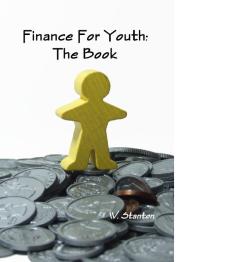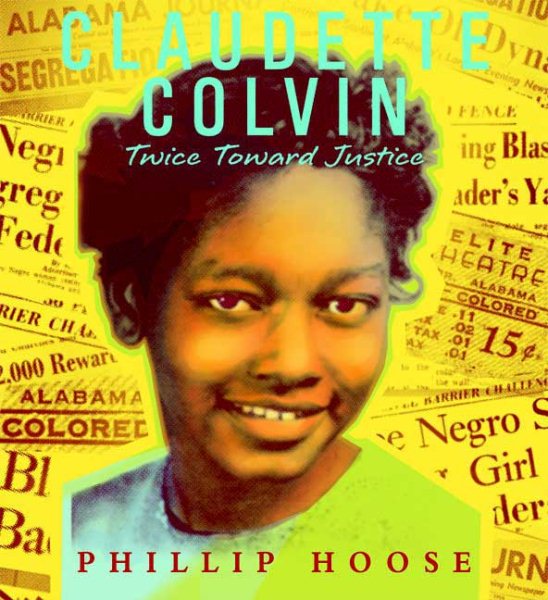 FIRST, I told you about my parents‘ views on giving an allowance. To recap, they didn’t believe in giving money to children. They paid for everything we needed, but keeping money on our own was an exercise in creativity, subterfuge, and even on occasion shenanigans. Looking back, I think they might have been on to something because the majority of their children are gainfully employed and work our asses off for every cent we have. We also have learned to be savvy about protecting what is valuable to us. So, there are trade-offs to be made, but overall not a bad solution.
FIRST, I told you about my parents‘ views on giving an allowance. To recap, they didn’t believe in giving money to children. They paid for everything we needed, but keeping money on our own was an exercise in creativity, subterfuge, and even on occasion shenanigans. Looking back, I think they might have been on to something because the majority of their children are gainfully employed and work our asses off for every cent we have. We also have learned to be savvy about protecting what is valuable to us. So, there are trade-offs to be made, but overall not a bad solution.
LAST WEEK, we talked about the concept of paying kids an allowance based on chores they do around the house. We found out that some of the biggest personal finance people out there like this idea. I, in typical Wil fashion, didn’t like that idea at all. Generally, I’m against turning family members into employees to the household. I think there are chores that need to be done at home, and offering kids money to do what they should be doing anyways just invites lazy, self-centered children in the future. It creates children that grow up to be gold diggers.
So what is left? Well, one argument that I’ve heard a lot about is just to pay kids an allowance because you want to pay them an allowance. No strings attached. This seems like the most honest approach. You don’t want your kids to go and earn money on the streets, where you plan on them learning about sex and drugs, so you want to keep them from opening that lemonade stand or selling pictures of their teenaged sister to the boys at school (wasn’t that an actual plot line in some 80’s movie?). You also don’t want to raise those aforementioned lazy self-centered little bastards, but you do want to start teaching your children how to handle the money they have wisely. So why haven’t I endorsed this method yet?
We’ve learned throughout history that money is a lot of things. Money has been attributed to each of the following things:
-Time
-Root of all evil
-Power
-Makes the world go round
-Talks
 Later on in life, we learn that money has value, and part of teaching anybody how to handle money is to teach them to not make deals where both parties don’t benefit. Going back a couple weeks, my parents avoided making deals. They had expectations, and consequences for not meeting those expectations. One could argue, and I wouldn’t disagree, that we benefitted when we met those expectations because we didn’t have to suffer the consequences and we generally got stuff. My parents benefitted because their expectations were met which gave them a sense of pride in their children.
Later on in life, we learn that money has value, and part of teaching anybody how to handle money is to teach them to not make deals where both parties don’t benefit. Going back a couple weeks, my parents avoided making deals. They had expectations, and consequences for not meeting those expectations. One could argue, and I wouldn’t disagree, that we benefitted when we met those expectations because we didn’t have to suffer the consequences and we generally got stuff. My parents benefitted because their expectations were met which gave them a sense of pride in their children.
 In the second example, the benefits are pretty well pronounced. They get stuff done, we get money. Simple, tidy.
In the second example, the benefits are pretty well pronounced. They get stuff done, we get money. Simple, tidy.
 In the last example, you take away the value of money for your children. If they don’t learn that money has value now, they will not understand that it has value later in life either. You actually create the opposite of a gold digger. You create children who don’t understand the concept of earning money.
In the last example, you take away the value of money for your children. If they don’t learn that money has value now, they will not understand that it has value later in life either. You actually create the opposite of a gold digger. You create children who don’t understand the concept of earning money.
After all that, after three weeks of talking about allowances, each method of determining how to pay allowances has serious, fatal flaws. It turns out that they all suck to one extent or another! So what is a parent to do?
Never fear, I’m here to help.
In order to most effectively handle the issue of children’s allowances, you need to do some hard work. That’s right; I said YOU have to do some hard work. First, you need to establish minimum standards that you expect your little ones to meet. These standards need to be appropriate for both age and developmental level. Second, you need to clearly communicate these expectations to your child so that there is absolutely no doubt. Whether you need a whiteboard chart to be posted on the fridge, or you need your older child to sign a contract acknowledging the minimum standards in grades, behavior, housework and chores, community involvement or any other criteria, make sure your kids understand what is the least you will accept.
Second, you need to establish privately what is the value you will ascribe to exceeding your minimum standards. For example, let’s say I’m slightly less stringent than AMY CHUA
when it comes to academics. I only expect my kids to earn B- or higher. That’s their baseline. Now, my kid decides to overachieve and earn a B+. I might pay for that, if he has met all my other standards. Similarly, I expect my child to make her bed every day as the bare minimum in housework (I’m so much nicer to my imaginary daughter than my imaginary son; he has to clean the grout between shower tiles!). If she makes her bed and washes dishes (which isn’t assigned to anybody already), that might be worth something to me. The amount you pay must also be appropriate for your child’s age, developmental level, and your expendable, discretionary income.
Third, you need to communicate your pricing scheme to your children, but make it clear that they have to meet the bare minimum in all areas before any allowance can be earned. Your goal is to teach kids that some things just need to be done as part of their daily routine, just like in adult life, but other things will be done for money. Eventually, kids will start doing additional work on their own, in order to earn extra money. Ideally, they will approach you and negotiate a price that is fair to you and to them for certain things. Sometimes that price is zero, indicating that you believe that they should just do whatever as a matter of course, but others will be worth money.
Fourth, you have to be consistent. That doesn’t mean that you can’t increase your expectations, but until you do so, you have to pay the same amount for the same work every time.
Fifth, you have pair any money going to your child with solid education as to what to do with that money. Many people believe in giving to a church or a charity. If that is your thing, you need to educate your child as to the importance of doing so and the reasons why you are making them do so. Part of that education must include some level of allowing the child to make decisions on what they want to do with their money. I have no problem with telling your kid that they can spend only 10% of their allowance on frivolous things, but that should come with guidance that they don’t have to spend that 10% each payday, and that they can choose to save that money for something big that you wouldn’t necessarily buy for them yourself.
Doing this will start your child on a path to becoming financially independent and fiscally literate without spoiling them or forcing them to hide their money and their decisions from you.

















 Last week, I told you how my family dealt with the topic of allowances (Spoiler alert: They didn’t!), and gave some possible outcomes of that treatment. I’ve talked to a couple parents that do the same thing for much the same reasons. But there are other sides as well.
Last week, I told you how my family dealt with the topic of allowances (Spoiler alert: They didn’t!), and gave some possible outcomes of that treatment. I’ve talked to a couple parents that do the same thing for much the same reasons. But there are other sides as well.





















 Do you know who this person is? Well, if you’ve looked at Google today or a calendar with historic dates, you would recognize
Do you know who this person is? Well, if you’ve looked at Google today or a calendar with historic dates, you would recognize 
